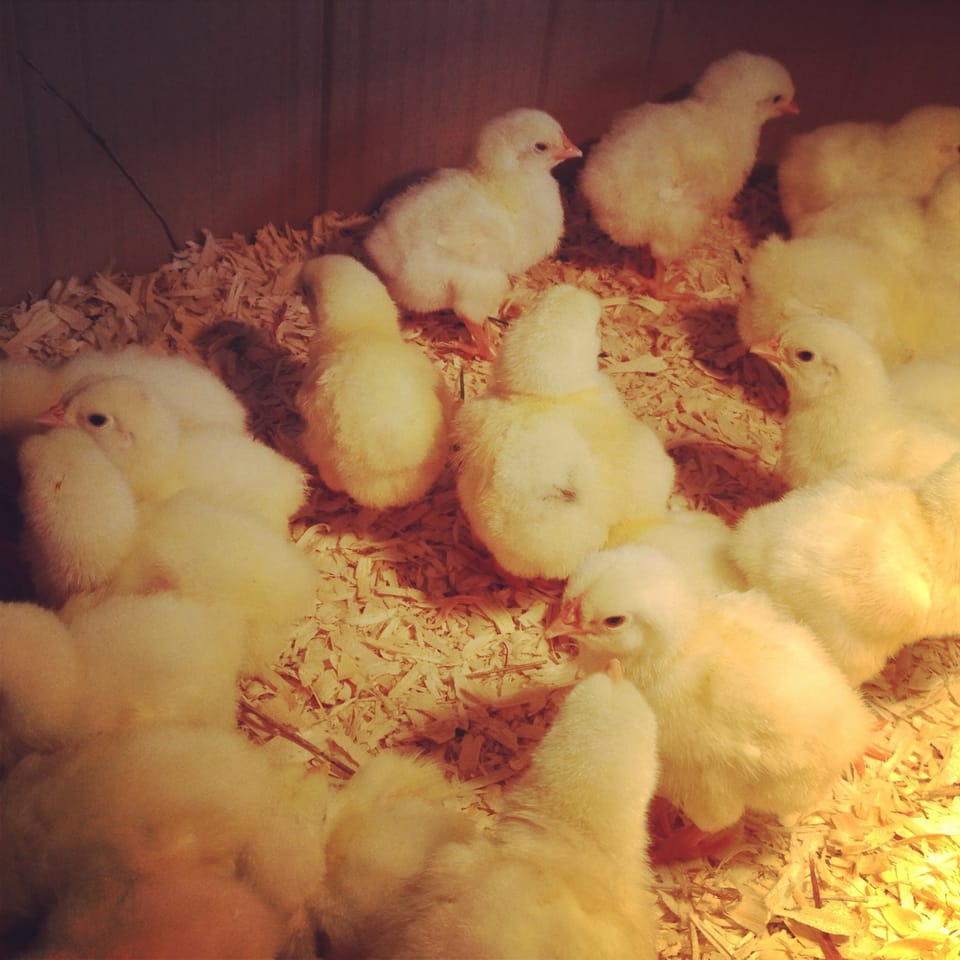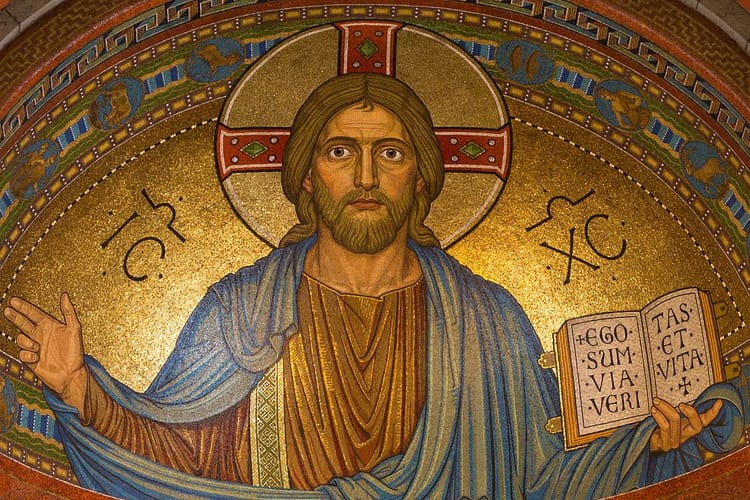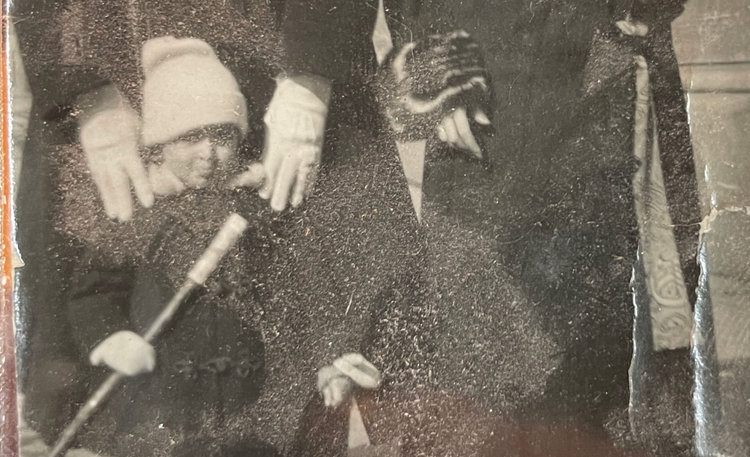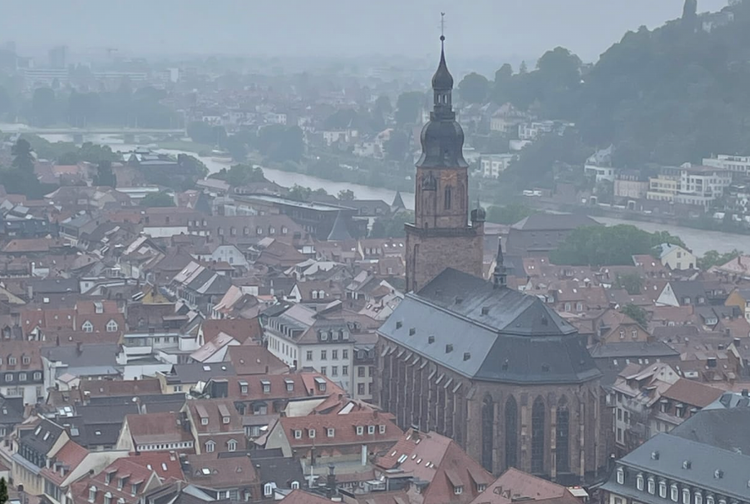Faith/Farm/Food Network in Early Stages

Next month, the University of the South’s Beeken Center is hosting Dr. Norman Wirzba, author and professor at Duke Divinity School, for a day-long workshop on “Faith, Farm and Food.” Along with the regularly scheduled program, this event will include organizing conversations aimed at launching a new national Faith/Farm/Food Network.
Here’s the poster:
Publishing the phrase “this event will include organizing conversations aimed at launching a new national Faith/Farm/Food Network” makes me feel nervous.
Is this effort a tender seedling which is not yet strong enough to leave the greenhouse? Honestly, it might be. I don’t know yet. This whole thing might wither and die on the vine. In that case, those of us who gather will have attended a wonderful continuing education presentation and nothing more.
The conversations about this network have gone on for more than a year, and I’ve only been part of them for the past few months. But I’m putting up the money to fly to Tennessee for this workshop because I believe that something will come out of it that can launch a new phase in the church’s engagement with God’s mission.
Every time we celebrate holy communion, we say these words, or something very like them:
On the night he was handed over to suffering and death, our Lord Jesus Christ took bread… took wine…
The last act of our Lord’s earthly ministry was the gift of a meal. Through it we remember his death, proclaim his resurrection, and anticipate his return. In the Episcopal Church we celebrate Holy Eucharist weekly. We have not even begun to grasp what that holy meal means for the rest of our meals.
I, personally, eat and drink at least three times a day. Sometimes I even remember to thank God for my food. (Regularly with my family at dinner – irregularly at all other times.) I have not even begun to grasp what it means that my life is sustained with food by God’s grace. I do not understand the implications of eating. And this is despite the fact that I have been thinking about this question for a while.
I am old enough to remember the time before there was a national conversation about food and food policy. In those days, I thought about these questions on my own or with the very few authors writing about them at the time. I remember reading Wendell Berry and feeling like I finally had found someone who made sense in a crazy world. I remember reading Barbara Kingsolver’s Animal, Vegetable, Miracle and Michael Pollan’s The Omnivore’s Dilemma when they first came out. I remember watching Food, Inc. in the theater when it was released.
Those were the days before anyone – including myself – realized this work would catalyze a national conversation. These days, that national conversation about food and food policy is thriving. An entire think tank launched in 2013 to focus on food issues and food policy. Today, they have a quarter-million likes on Facebook and over a hundred thousand people receive their updates. That’s a robust conversation.
But it’s a conversation in which the Christian faith community has been largely silent.
We can be relied upon to feed the hungry. We are known to ask why hunger exists. But our words tend to stop there. A robust, large-scale, faith-based engagement at the intersection of land, work, and food does not yet exist in the Christian community. (Hazon and its programs have created this conversation in the Jewish community, and I am grateful to learn from them.) There are people working to bring a more robust conversation to life, some of whom I’ve already written about and others whom I hope to write about in the future. (If I don’t know you yet, and you’re working in this area, could you contact me? I’d love to learn about what you’re doing. Thanks!)
Some Christians are working at the intersection of religion, environment, and food. But with rare exceptions, for the most part we are working in systems for which this intersection is a sideline. We work in colleges and universities which focus primarily on education. We work in churches which focus primarily on the worship of God and the formation of Christians. We work on farms and in farm-related enterprises which focus primarily on production agriculture. We work in secular non-profits which do not host faith-based conversations, or we work in faith-based non-profits which do not host agriculture-related conversations.
I believe we need a space for Christians whose work is at the intersection of religion, environment, and food. We need a space to come together, learn together, and build capacity to make change toward a more sustainable world. Wake Forest’s Divinity School has begun to create this space with the Food, Faith and Religious Leadership Initiative and I thank God for that. But no single divinity school or individual or organization can do this work – it’s bigger than that. So, we need a network. And that’s what we’ll be talking about next month at Sewanee.
My prayer is that somehow, next month, those of us who gather in Tennessee can begin to create a way forward that contributes to the wider conversation on food from a faith-based perspective, and contributes to faith communities by making evident the theological issues related to food and agriculture. I want to thank the Beeken Center for hosting the conversation and Sarah Nolan, co-founder of The Abundant Table and a lead organizer at this intersection, for inviting me to be part of facilitating it.
There are many questions to answer: ecumenical or Episcopal? What type of network: action-oriented or information-oriented? There are trade-offs to be made. There is no plan yet, no funding yet, and no one is authorized or accountable for anything yet. That’s why I’m nervous to publish this. And yet, because I believe this may be among the most important conversations of our time, I am even more nervous to keep this under wraps.
I don’t yet know what will come of this gathering, but I am booking my plane ticket today. Please pray, whether or not you can participate. Please know you are invited, if you would like to come.
Click here for the link to register. Please share with anyone you think may be interested.
You know I like to end my posts with a question. This time I have a whole bunch of them:
Is a faith/farm/food conversation already organized in your local area? Could you share the link if so?
Do you know of an existing faith/farm/food conversation on a national, ecumenical level or in the Episcopal Church? What wheel should we not reinvent? What model already exists for this work?
What advice do you have for those of us who will come together next month?





Member discussion